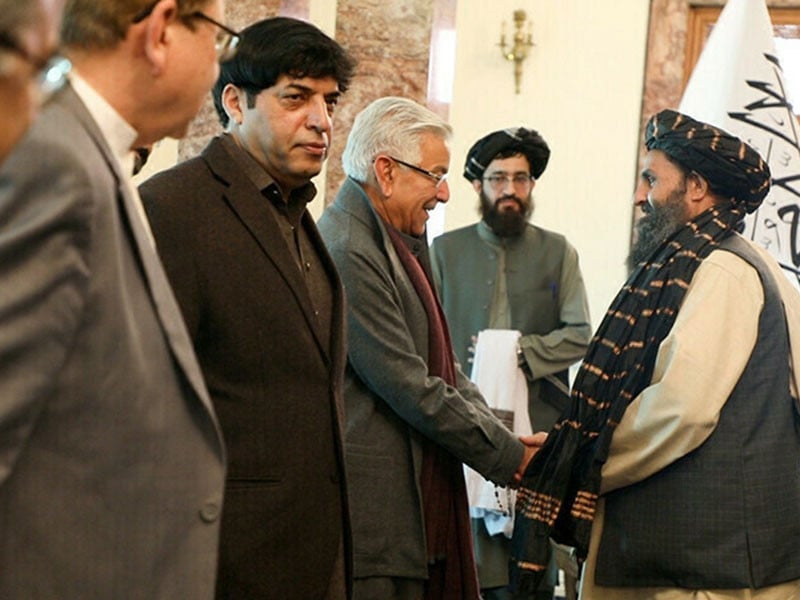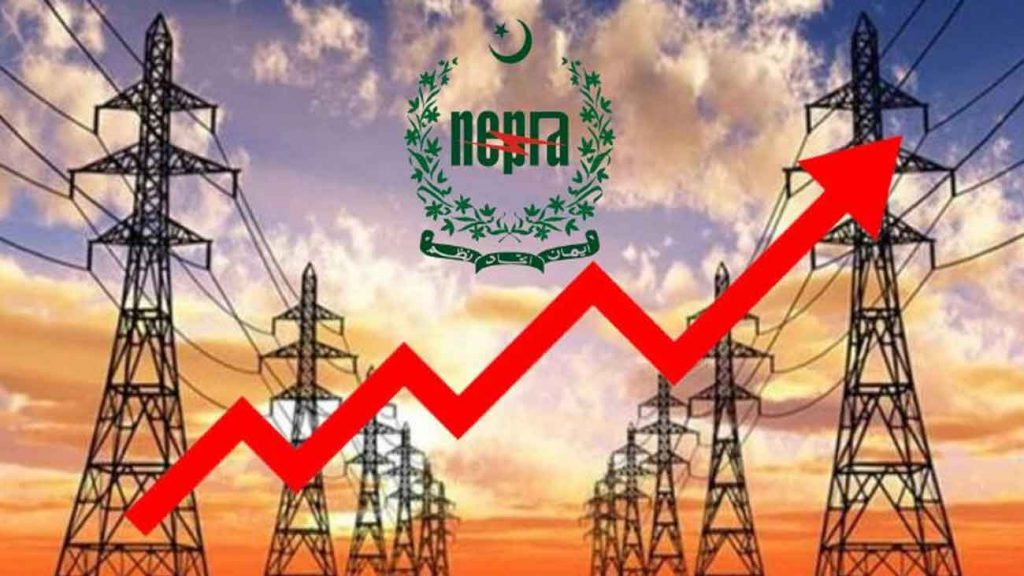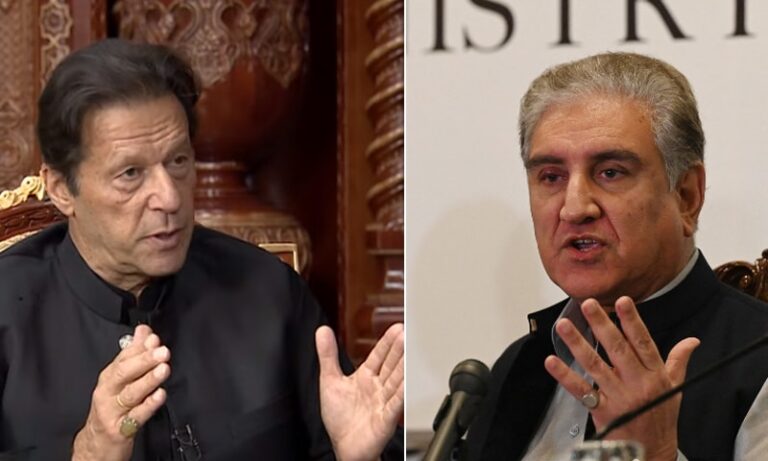EDITORIAL
“Don’t run with scissors in your hand!”
“Don’t drive your car on the sidewalk!”
“Do not steal your neighbor’s property!”
How many times a day does someone tell you what to do? How often do you stop yourself from doing what you want because you know this action is prohibited or wrong? Laws are rules that bind all people living in a community. Laws protect our general safety and ensure our rights as citizens against abuses by other people, organizations, and the government itself. We have laws to help provide for our public safety. These exist at the local, state, and national levels and include things like: Constitutional law, administrative law, civil law, criminal law, revenue law, consumer law, contract law, family law, tort law, etc. Constitutional law is the supreme law of the land. Constitutional law is the body of law that defines the relationship of different entities within a state, namely, the executive, the legislature, and the judiciary, and includes fundamental human rights law. Implementing constitutional law is the primary obligation of the legislature, executive, and judiciary. https://republicpolicy.com/will-the-state-of-pakistan-ensure-the-implementation-of-human-rights-in-pakistan-2/
Article 4 of the constitution incorporates the doctrine of equality and equal protection of the law. The article is central to human dignity, human rights, the rule of law, and the administration of justice. The article reads as follows;
Right of individuals to be dealt with in accordance with law, etc.
(1) To enjoy the protection of law and to be treated in accordance with law is the inalienable right of every citizen, wherever he may be, and of every other person for the time being within Pakistan.
(2) In particular :-(a) no action detrimental to the life, liberty, body, reputation or property of any person shall be taken except in accordance with law;
(b) no person shall be prevented from or be hindered in doing that which is not prohibited by law; and
(c) no person shall be compelled to do that which the law does not require him to do.
It is an inalienable right of a citizen that all state and social functionaries deal with him according to the law. According to law means in strict compliance with applicable statutes, ordinances, and regulations of any governmental authority having jurisdiction. The phrase covers the operations of the legislature, executive, and judiciary. The article categorically refutes the discrimination or superiority of rules over one another. All are equal in the eyes of the law. The state institutions can not discern or discriminate among the citizens. Then, applying law regimes is indispensable for the administration of justice. Modern nation-states don’t distinguish the citizens. Using the law is critical, and adopting procedural codes is even more vital. The legislative, judicial, and administrative discretion is un-allowed in the dispensing of law procedures. The whims and control of functionaries cannot dictate the superior the sublime human dignity. https://republicpolicy.com/implementing-human-rights-in-pakistan-2/
Protection of the law is an inalienable right of the citizens. It reflects the right of all persons to have the same access to the law, administrative offices, and courts. Then, it also includes being treated equally by the law, administrative offices, and courts. The equality must extend both in procedures and the substance of the law. It is akin to the right to due process of law, but in particular, applies to equal treatment as an element of fundamental fairness and transparency. The jurists formed the modern theory of constitutional rights after the Second World War. It draws a fundamental distinction between the scope of the constitutional right and the extent of its protection. The scope of the constitutional right marks the right’s boundaries and defines its content; the extent of its protection prescribes the legal limitations on the exercise of the right within its scope. Hence, the administration of the protection of law by state agencies is vital for the cause of justice, equality, and equity.
Article 4 of the constitution protects the person’s life, liberty, body, reputation, or property. The state’s fundamental objectives are to protect the citizens’ life, liberty, and property. Article 4 (2)(a) explicitly establishes the purposes of the state. Modern nation-states are formed to ensure the freedoms and rights of the people. Then, the rights of the people are interdependent; therefore, the operations law comes into force to protect the freedoms and liberties of the citizens. Citizens cooperate with the state and fellow citizens for the administration of rights. The state shall only intervene in the sovereignty of the people if there is a violation of the coded law. However, the intervention by the state shall only remain subject to substantive or procedural law. Hence, the article provides the principles of equality before the law and protection of the law.
Civil liberties are the freedoms guaranteed by the constitution of Pakistan subject to specific conditions and procedures. They are natural rights that are inherent to each person. While they are commonly referred to as “rights,” civil liberties operate as restraints on how the government can treat its citizens. The liberties of the citizens are sacred rights, and the organization of the state must provide freedoms according to law and subject to the law. Therefore, no person shall be prevented from or hindered in doing what is not prohibited by law. It simply provides the citizens of Pakistan with the right to civil independence. They shall only be checked if there is a law breakage. https://republicpolicy.com/do-you-know-your-fundamental-rights/
On the contrary, no person shall be compelled to do that which the law does not require him to do. The citizens of Pakistan cannot be forced to perform specific actions if they do not want to accomplish them. Denial and acceptance are the sole civic prerogative of the citizens. All performing liberties shall only be subject to the law and procedure.
The constitution of Pakistan provides judicial access to ensure equality before the law and protection of the law. The spirit of article 4 of the constitution reflects in the fundamental rights provided in the constitution of Pakistan, covering articles 8 to 28. The constitutional courts in Pakistan have incorporated the canons of the rule of law, justice, just administration, administrative discretion control, and implementation of fundamental rights. The Islamic concept is also included in the various judgments of the courts. The performance of article 4 of the constitution is directly proportionate to the operations of articles 184(3) and 199 of the constitution. Judicial implementation has always been a challenge for the justice system of a country.
Remarkable legislation, delegated legislation, and policy framework are available under article 4 of the constitution. The coded law manifests the spirit of equality before the law and protection of the law in terms of life, liberty, property, reputation, and rights. The administrative organ of the state is crucial in Pakistan to implement the spirit of the article.https://republicpolicy.com/explaining-article-3-of-the-constitution-who-will-eliminate-exploitation/
Then, the denial of the article’s spirit, substance, and intent persists in the administration of justice in Pakistan. There may be a few landmark judicial judgments for implementing the heart of the article. However, the state and society cannot safeguard the people’s rights. There are naked administrative, judicial, and legislative violations of the rule of law and protection of the law. The dignity of human life is always compromised. The heart-wrenching observation is that social and state organizations are involved in this heinous violation. These are not violations but a denial of the objectives of article 4 of the constitution. What to talk of, equality or protection of the law? Even the citizens’ property, liberty, reputation, and dignity are not secure in Pakistan.


















































1 thought on “Explaining Article 4 of the Constitution; Is there Protection of Law in Pakistan?”
Nice